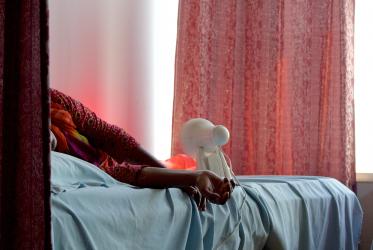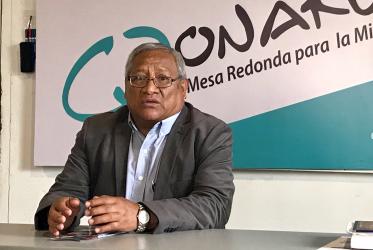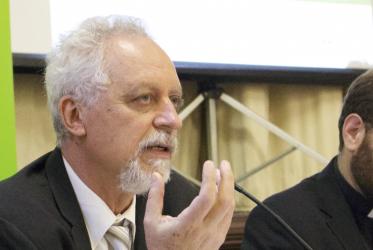Displaying 61 - 80 of 255
WCC podcast deals with death and dying
15 December 2020
COVID-19 in conflict zones: “a crisis within another crisis”
27 November 2020
Brazilian churches call for transformative racial justice
23 November 2020
WCC expresses solidarity with Peruvian people amid political crisis
20 November 2020











